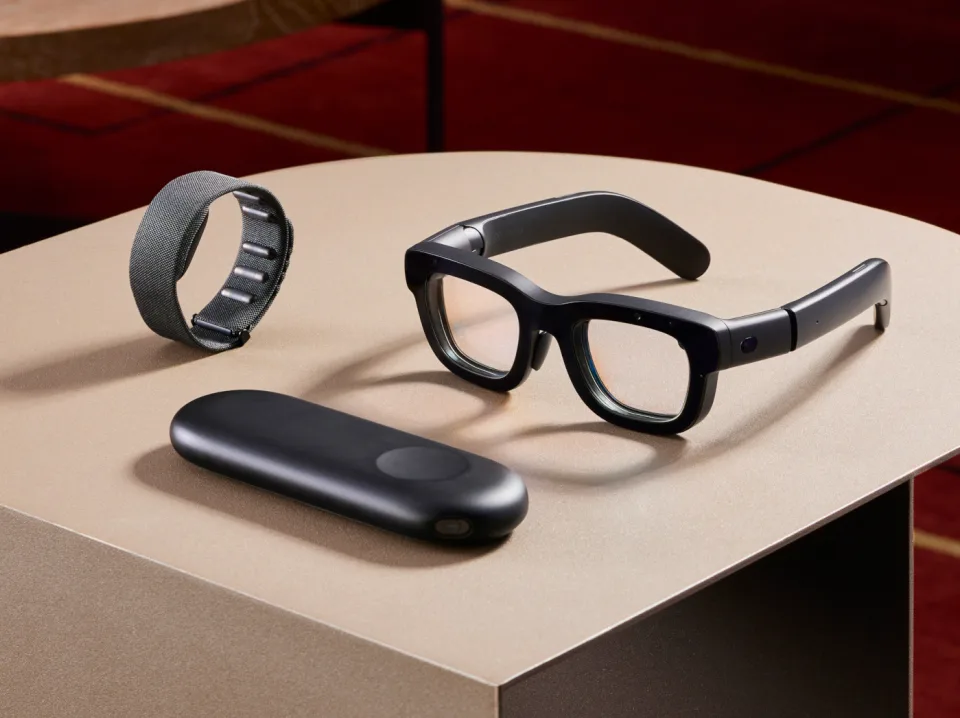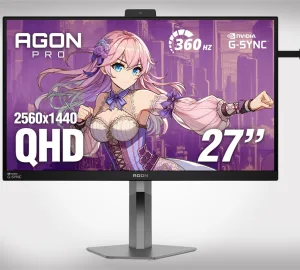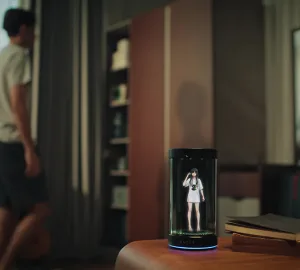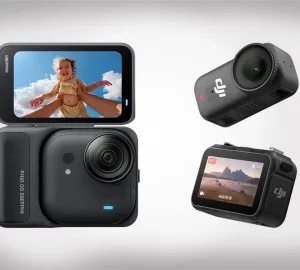3 minute read
Meta is taking augmented reality (AR) to the next level with its latest reveal—Orion, a pair of AR glasses that promise to revolutionize how we interact with both the digital and physical worlds. While we’ve seen AR and mixed-reality headsets before—such as Apple’s Vision Pro, which aims to offer immersive experiences—Meta’s Orion stands out for one key reason: practicality. These aren’t oversized headsets that look more like something out of a sci-fi movie. Orion is sleek, lightweight, and resembles a regular pair of glasses, making it an appealing step toward everyday use.
Why AR Glasses Like Orion Matter
Meta’s move toward lightweight and stylish AR glasses signals a shift from the current state of wearables. While many AR headsets, including the Vision Pro, are impressive with their large displays and computing power, they can feel bulky and impractical for all-day wear. Orion, however, aims to miniaturize the technology without sacrificing functionality, offering a large holographic display within a more traditional, comfortable design.
Imagine being able to see life-sized holograms, multitask with virtual windows, or interact with digital content while still seeing the world around you. Whether you’re adjusting your calendar while cooking or taking a video call without pulling out your phone, Orion is designed to help you stay connected without isolating you from your surroundings.
A Smaller, Smarter Future
Meta seems to have learned from its collaboration with Ray-Ban, where it previously introduced display-less smart glasses with AI integration. Orion builds on this by packing more tech into an even smaller form. This is where Meta’s focus diverges from Apple’s Vision Pro; instead of high-end immersive experiences meant for short-term use, Orion looks to be the everyday AR solution we’ve been waiting for.
The small form factor, transparent lenses, and emphasis on seeing expressions and eyes during social interactions make these glasses feel more natural and less intrusive. As the AR field evolves, practicality and comfort will be key to widespread adoption—and Meta seems to have its eyes firmly on that goal with Orion.
What’s Next for AR?
Although Orion won’t hit the consumer market immediately, Meta is setting the stage for a future where AR glasses become a part of daily life. With the added benefits of AI integration and hands-free operation, devices like Orion could soon replace traditional smartphones, allowing for a seamless blend of digital tools and real-world interaction. This concept of wearable AR becoming as ubiquitous as smartphones may not be as far off as we once thought.
As Meta refines Orion and continues to push forward in this space, it’s exciting to think about how far we’ve come—from bulky VR headsets to sleek, functional AR glasses. With Apple’s Vision Pro and Meta’s Orion leading the charge, it’s only a matter of time before augmented reality devices become just as essential as the smartphones in our pockets.
Stay tuned—our future is looking more augmented than ever.






